
Ecuador 2023
Supported by the Association of Corporate Counsel

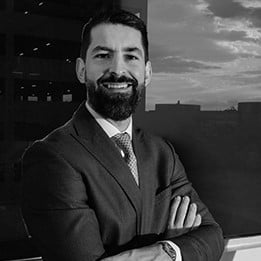
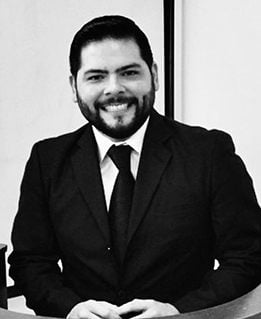
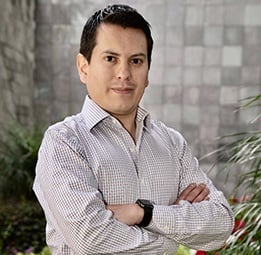
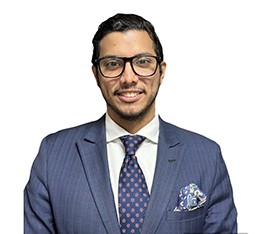
Chief legal officer | Trust Fiduciaria Administradora de Fondos y Fideicomisos
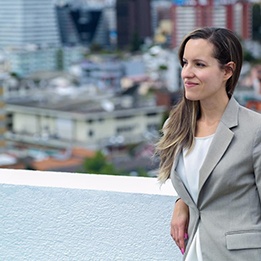
Compliance and data protection officer | Otecel (Telefónica Ecuador)
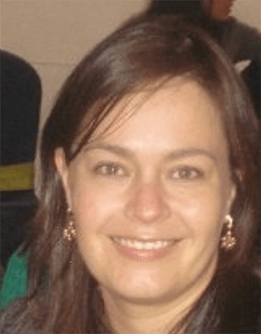


General counsel, Venezuela and Ecuador | Unilever Andina Ecuador
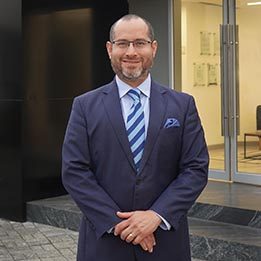
Legal and compliance manager | Duragas Abastible
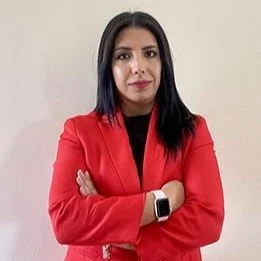
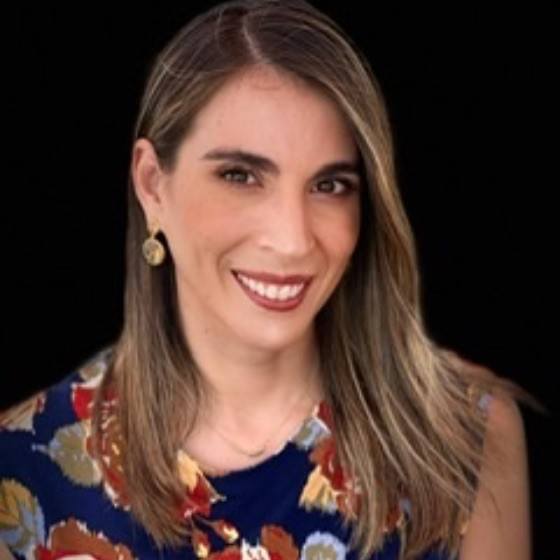
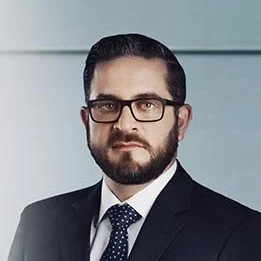
Legal manager and regulatory coordinator for Ecuador and compliance regional lead | Directv Latin America
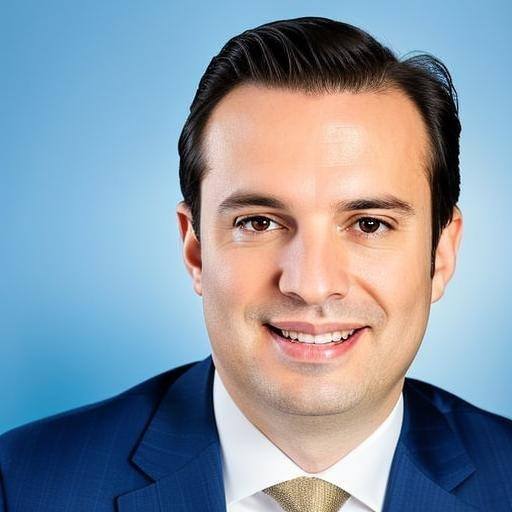


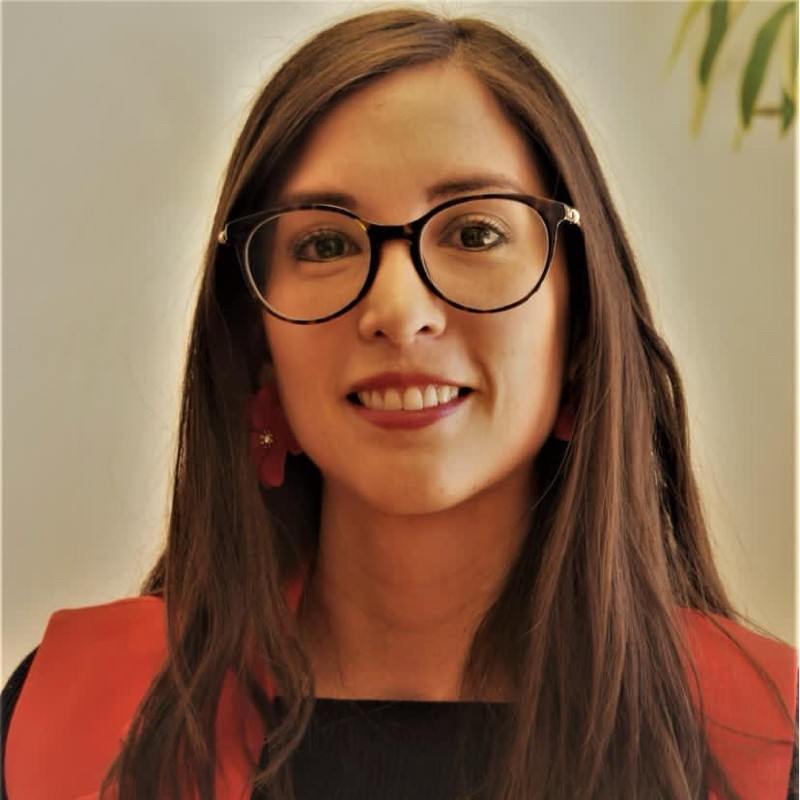
Legal counsel for Ecuador, Venezuela, Argentina, Bolivia, Chile and Paraguay | Halliburton
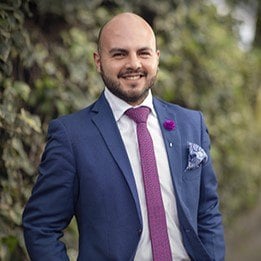


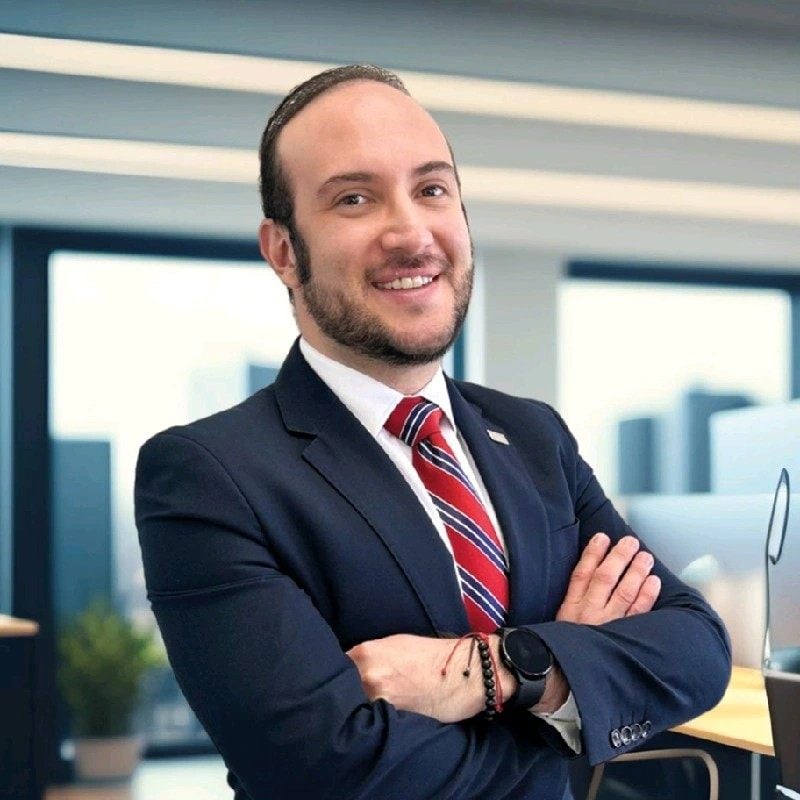
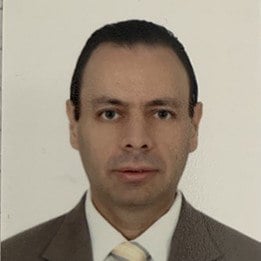
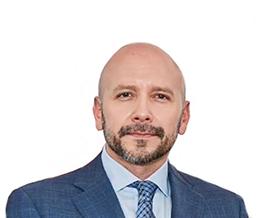
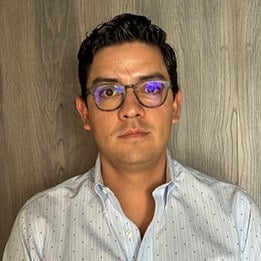
Legal manager | SBA Communications Corporation


Senior counsel | Phoenix Tower International Ecuador (PTIE)



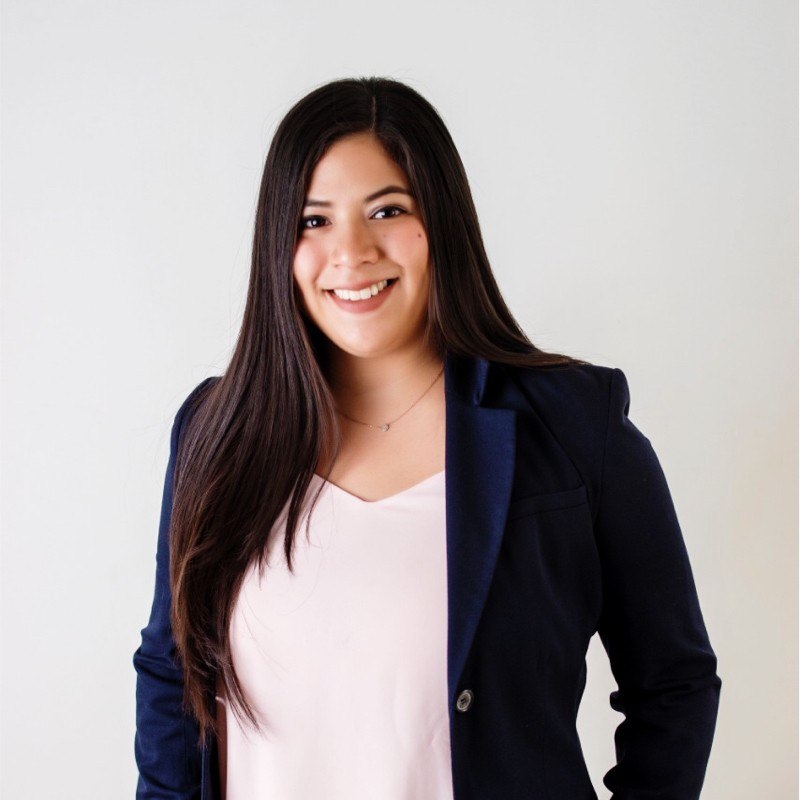
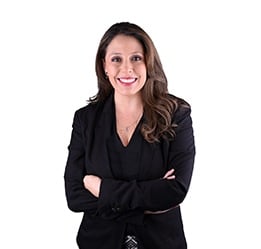
Legal, corporate affairs and compliance manager | UNACEM Ecuador
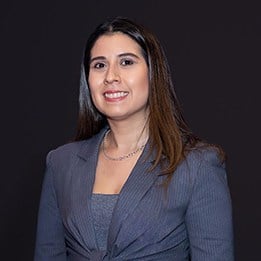


General counsel, corporate affairs manager and chief compliance officer | Holcim

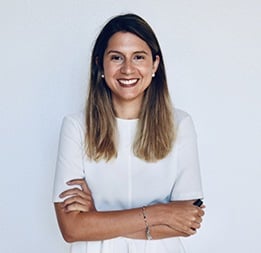
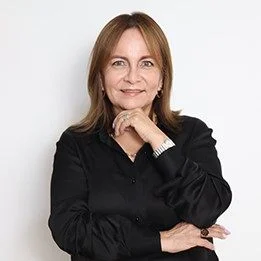


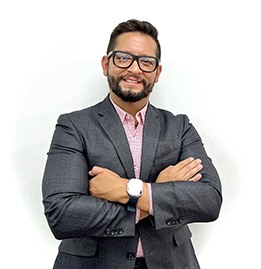

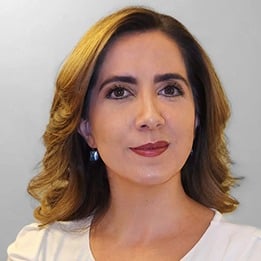
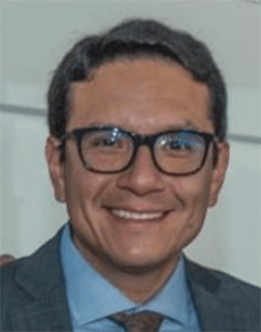
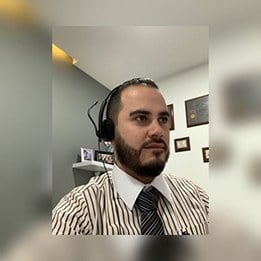

Legal, compliance and public relations manager | UNACEM Ecuador

Legal and compliance director | Corporación DK
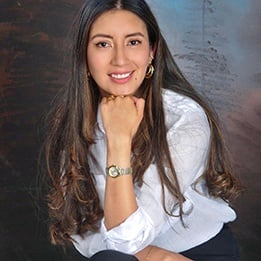
General counsel and president of the compliance unit | Grupo Santillana
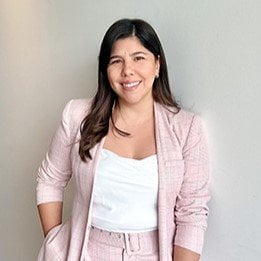


Legal and compliance manager, Ecuador, Puerto Rico, Dominican Republic, Aruba and Curazon | Linde
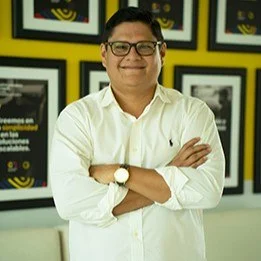

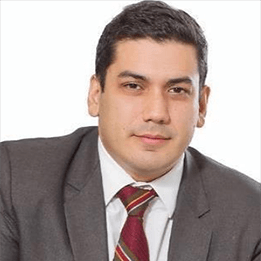
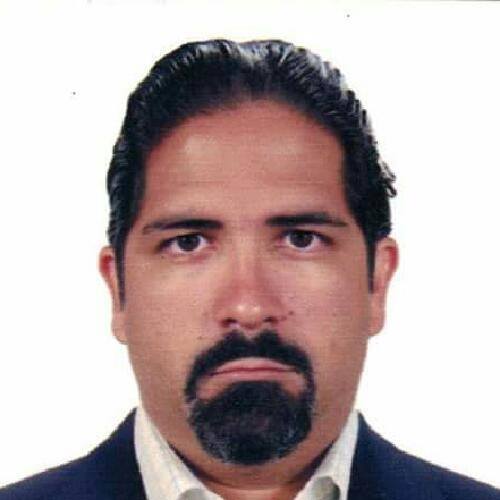


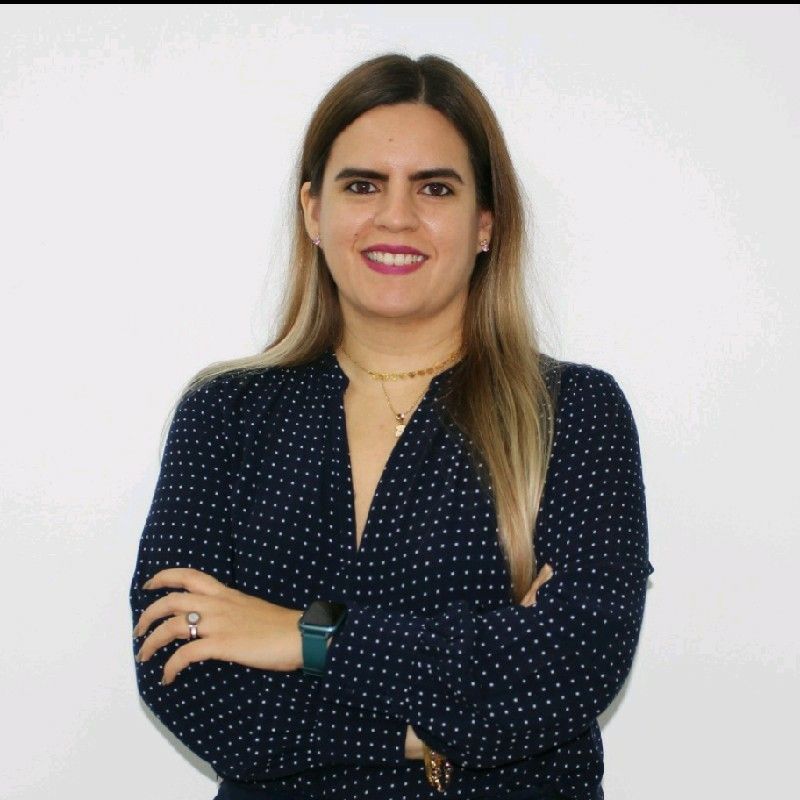
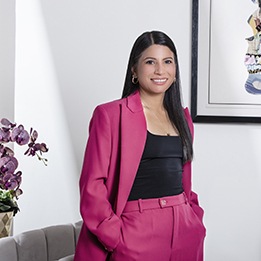



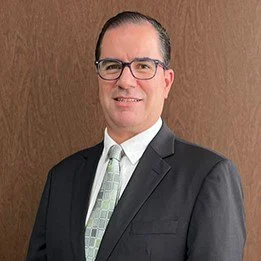

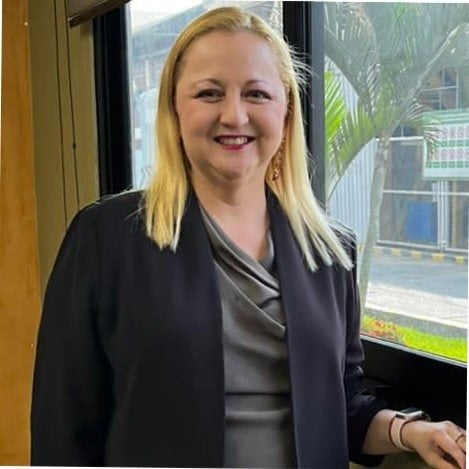
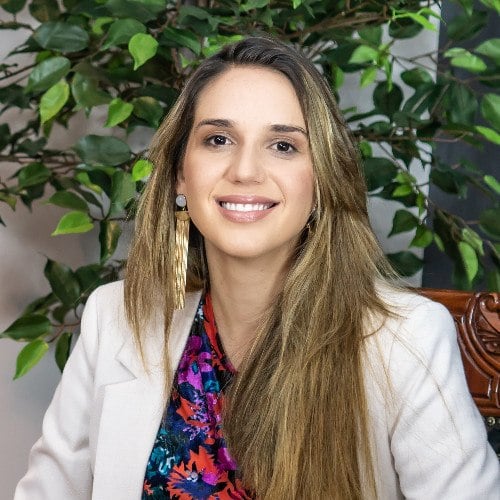


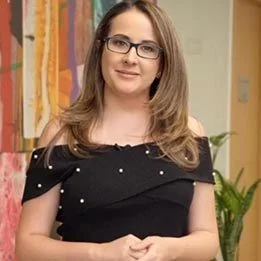

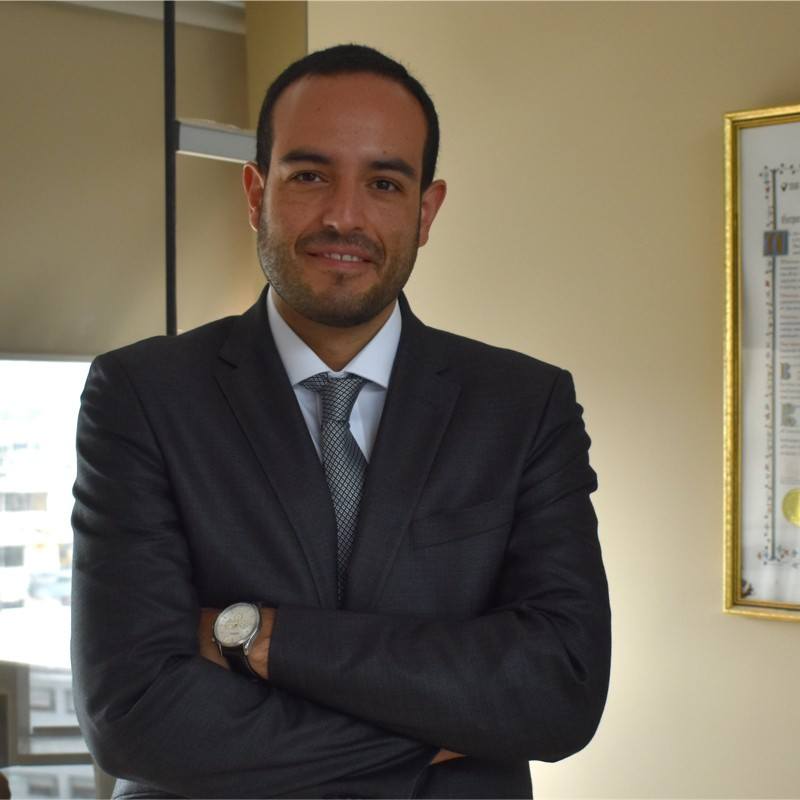



Legal chief and data protection officer | Netlife Ecuador
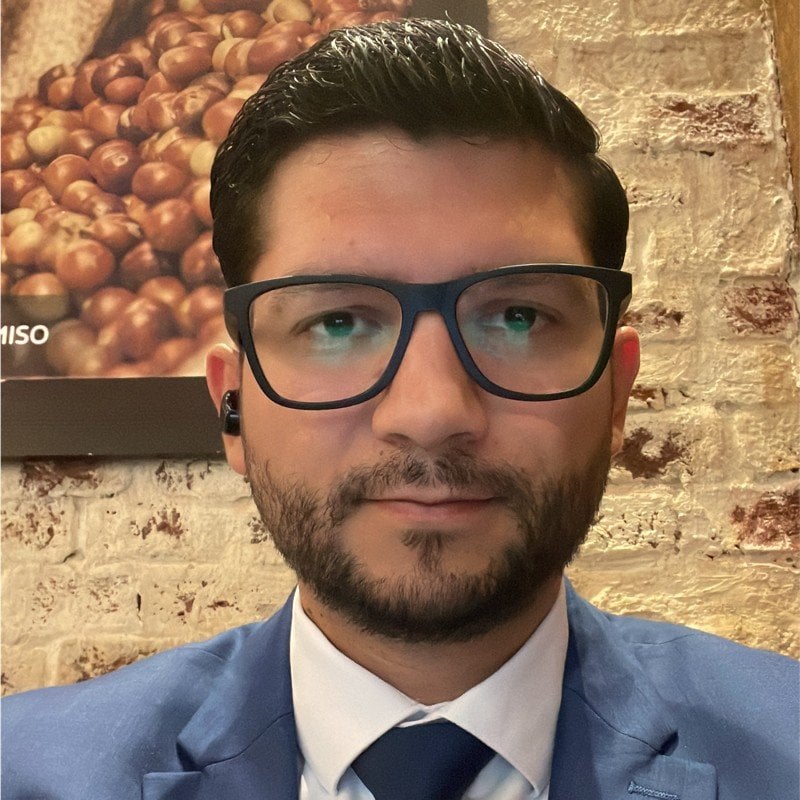
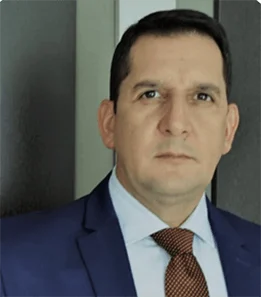
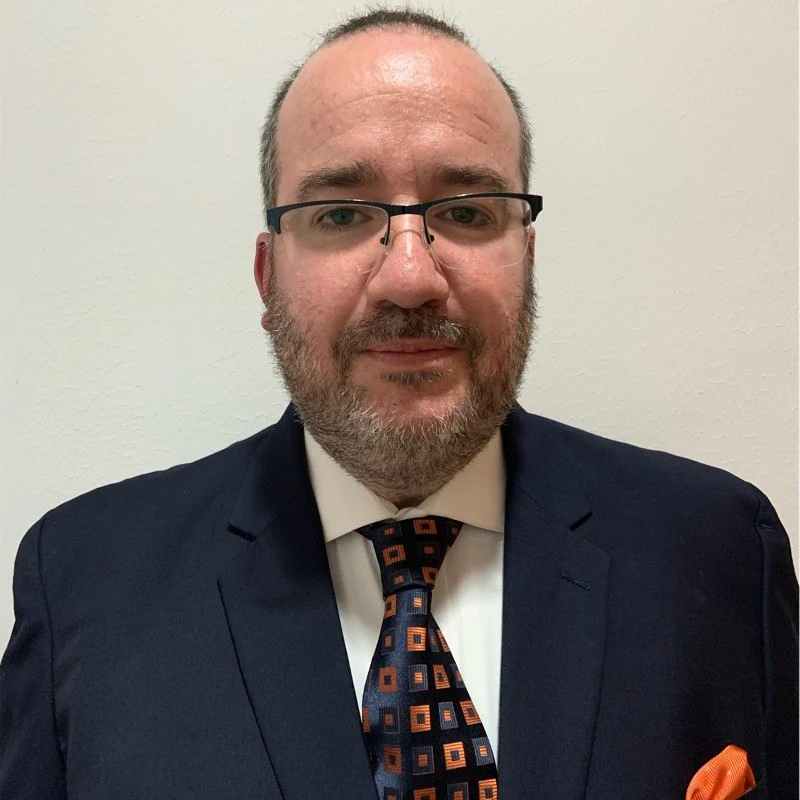
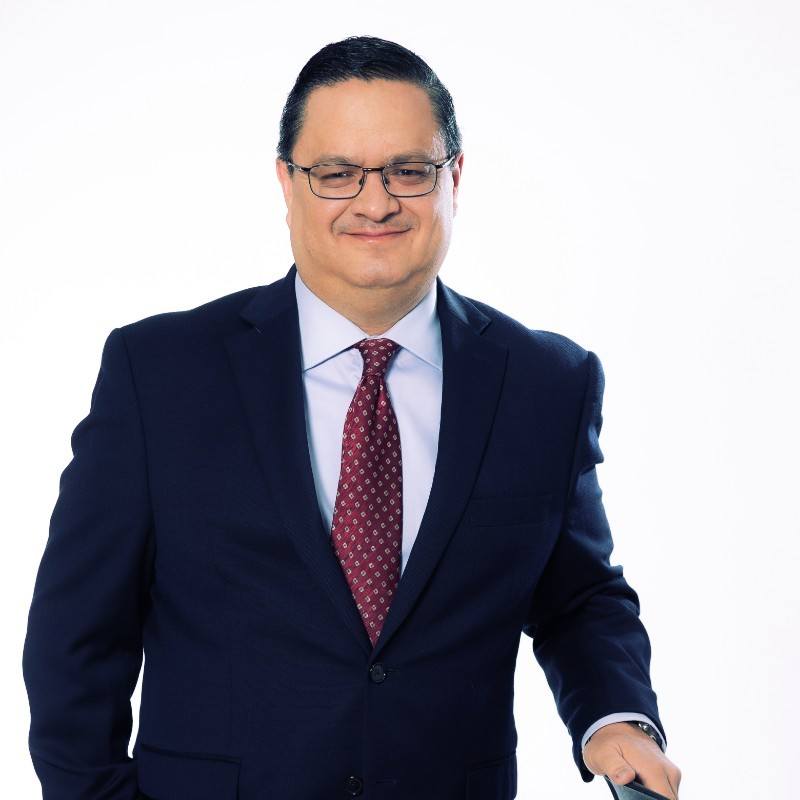
Corporate manager of management control and risks and legal | Corporación GPF (Grupo Fybeca)


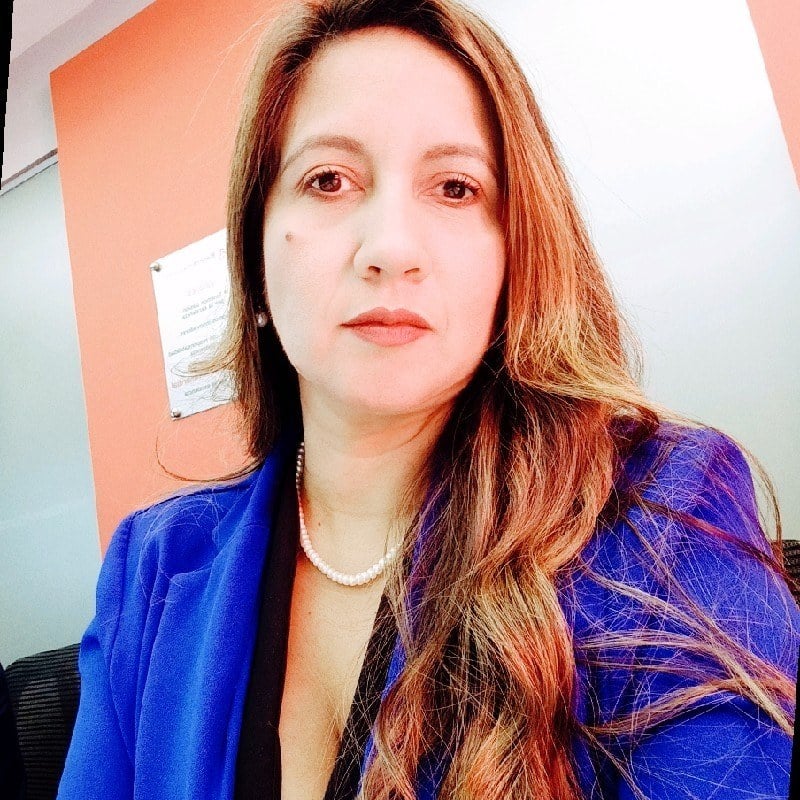



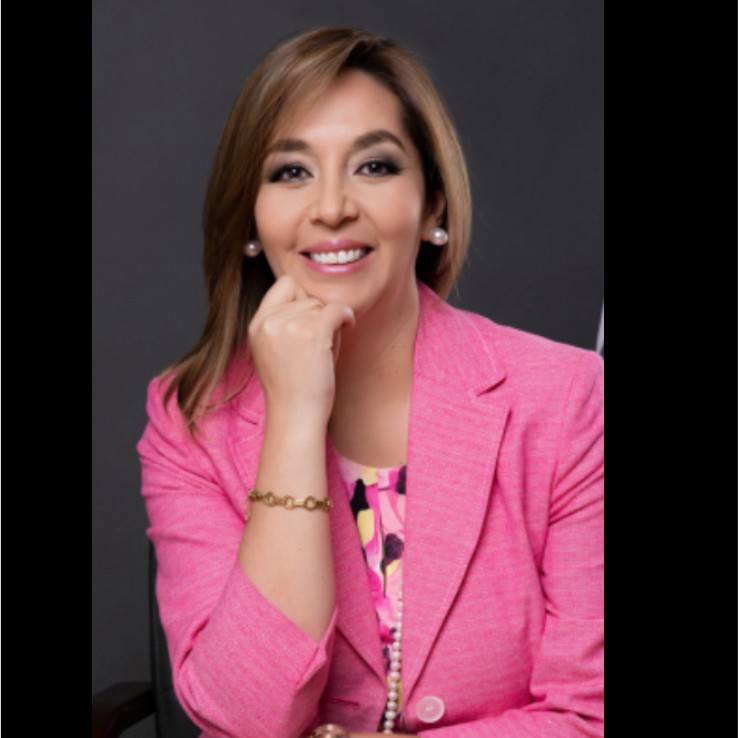

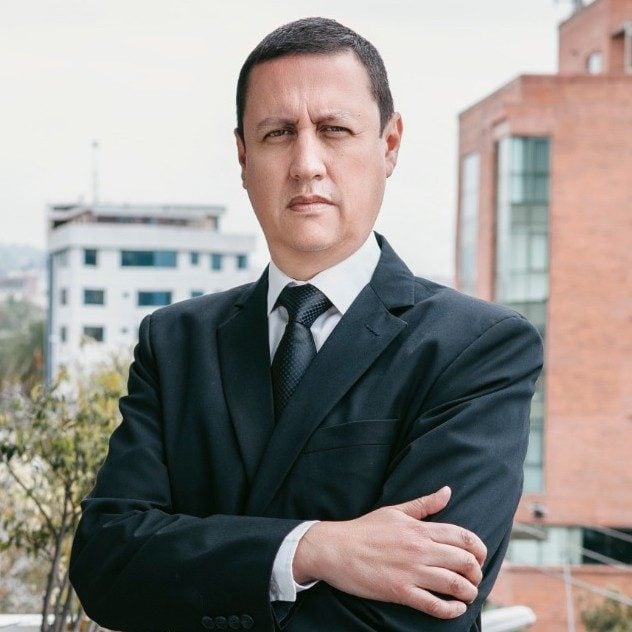
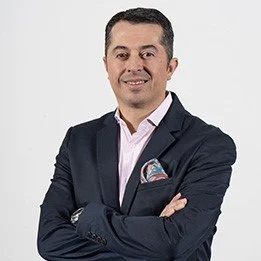
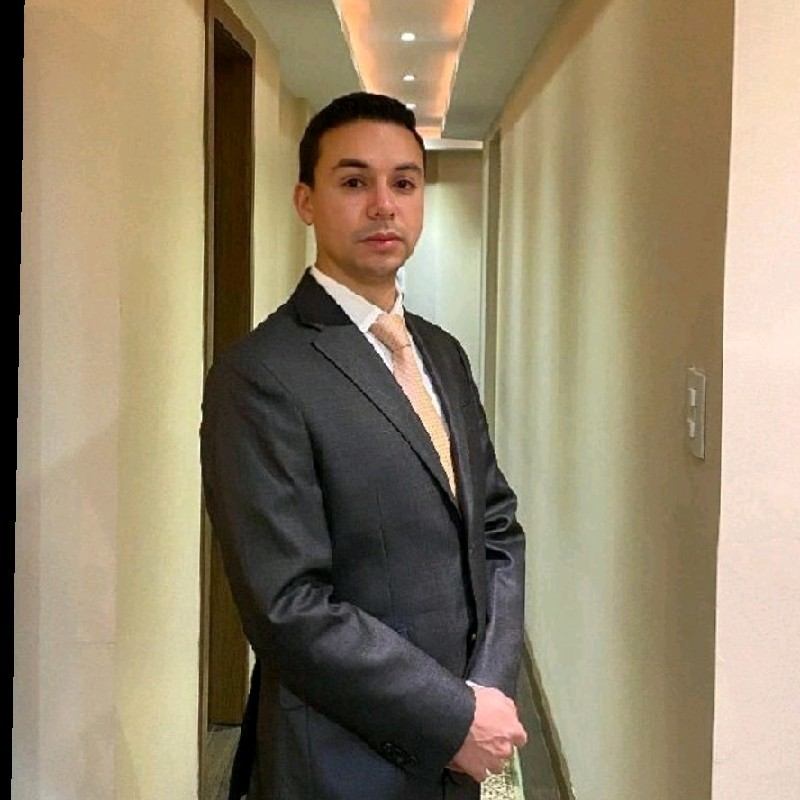
Legal and compliance director | Empresa Pública Metropolitana de Seguridad y Logística
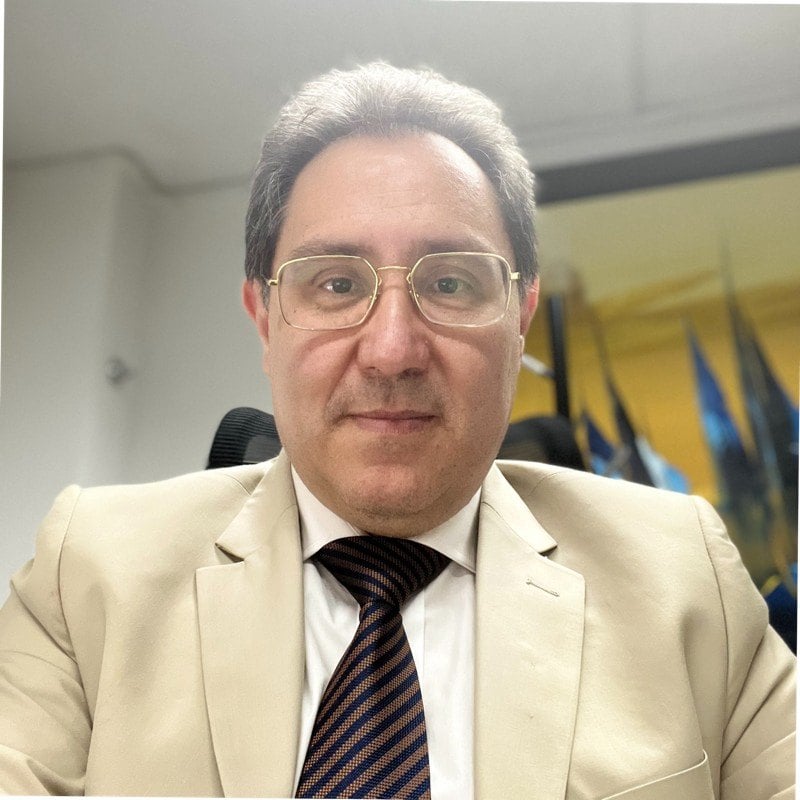
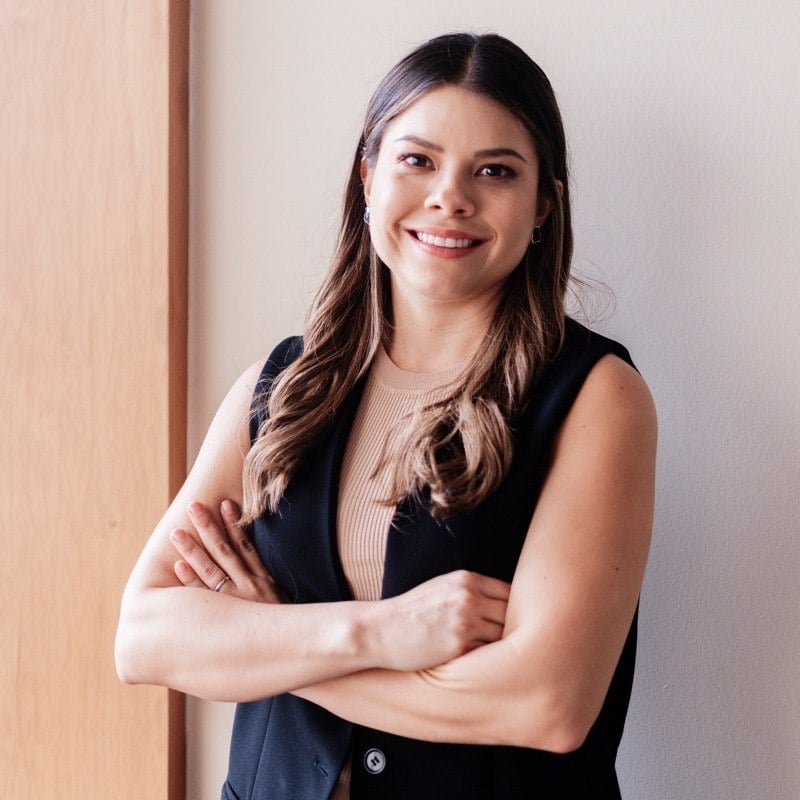


The Legal 500 is proud to present to you the latest edition of the GC Powerlist: Ecuador. This eagerly awaited publication is committed to acknowledging and commemorating the outstanding achievements of the foremost in-house lawyers in the country.
This publication shines a spotlight on the noteworthy contributions of in-house counsel to businesses in Ecuador, standing as a testament to their expertise, leadership, and unwavering commitment to excellence. This 2023 edition underscores exceptional achievements and innovative approaches taken by the selected individuals as they navigate the intricate landscape of Ecuadorian law. Addressing challenges such as the implementation of artificial intelligence (AI), relationships with business partners, diversity and inclusion initiatives, among others, these professionals have showcased resilience and adaptability in a dynamic legal environment.
Within this publication, you’ll discover in-depth profiles and exclusive interviews featuring the most influential and esteemed in-house lawyers spanning various industries in Ecuador. These individuals consistently showcase their prowess in steering legal strategy, adeptly managing risks, and offering strategic counsel to their respective organisations. Their achievements not only serve as inspiration to the legal community but also exemplify the profound impact in-house lawyers can wield on the business strategy and success of their organisations.
This research brings to light several key findings, including the continuous and fast-growing application of AI within legal departments. As voiced by many in-house lawyers, echoed by Pedro del Pozo, senior counsel at Cirion Technologies, “we have already implemented platforms to attend our internal client by using artificial intelligence, which have allowed us to have better response times and thus contribute to the closing of important businesses on a daily basis.” In-house lawyers are recognising the potential of AI to enhance various aspects of their roles. One key area is the automation of routine tasks, allowing legal professionals to streamline processes, increase efficiency, and allocate more time to strategic and high-value activities. Undoubtedly, AI stands out as a noteworthy subject for in-house lawyers to monitor closely.
Furthermore, our findings underscore a persistent need for enhancing the relationship between legal teams and business partners. Despite the demonstrated value of in-house counsel, particularly evident during the challenges of the pandemic, there remains an opportunity for further advancement in cultivating more robust collaboration and mutual understanding between the legal and business functions. As perfectly put by Ricardo Dávalos at Linde, “[t]he best way to create strong relationships with our business partners is to stablished the “game rules” from the beginning of the relationship and to align our values and principles permanently.” In all, as voiced by in-house lawyers in general, this ongoing commitment to strengthening collaboration is vital for maximising the collective impact of both legal and business expertise within any organisation.
Legal departments in Ecuador are also quickly increasing their efforts on diversity, inclusion and equity initiatives. As our research underscores, fostering an inclusive culture for all is a top priority for in-house lawyers, as they are dedicated to showcasing the best version of their employees, irrespective of any external factor that is not relevant to their work. As stated by Gabriela Jijón, general counsel at Holcim, “[p]romoting an inclusive culture for all is a priority and we strive to highlight the best version of our employees regardless of their age, nationality or gender.” As a key takeaway from the many interesting interviews within this publication is the broad understanding that embracing the richness of perspectives that diversity brings, cultivating a culture where each employee can reach their full potential, fostering innovation and collaboration, will only bring benefits to the development and growth of companies in the country.
Within this publication, you’ll find exclusive content on various pertinent topics and challenges for all things in-house legal. Delve into the GC Powerlist: Ecuador 2023 and uncover the remarkable stories of these exceptional individuals. Through their experiences and insights, our aim is to offer a comprehensive overview of the legal landscape in Ecuador, emphasising the indispensable role played by in-house legal teams.
Our heartfelt gratitude goes to all the featured in-house lawyers for their invaluable contributions and for generously sharing their professional journeys with us. It brings us great pleasure to present to you this distinguished list, showcasing Ecuador’s most outstanding, dedicated, and celebrated in-house lawyers.
Francisco Faria e Castro | Senior research analyst | GC Powerlist series
It has been a pleasure for Legal 500 to present the 2026 edition of the GC Powerlist: Germany in Frankfurt, celebrating the outstanding in-house professionals shaping this jurisdiction’s corporate legal landscape. The evening reception took place in the Restaurant Opéra, a beautiful location at the heart of country’s legal and financial hub.
This year’s reception welcomed the stemmed senior in-house counsel community in Germany, celebrating the blend of strategic authority, operational precision, technological adoption, and principled leadership that defines Germany’s in-house legal community today.
Carmen Godoy, lead editor of this third edition of the GC Powerlist: Germany 2026, welcomed everyone in the room. It was wonderful to see some familiar faces from previous editions and a pleasure to welcome those featuring in the GC Powerlist for the first time.
Following Godoy’s introduction, Mr Florian Weisner, managing partner at FPS Rechtsanwaltsgesellschaft, our hosts of the evening, addressed the audience with valuable remarks highlighting the value of the professional and personal exchange in the legal sector in Germany. He was followed on the stage by Dr Dierk Schindler, vice president of legal innovation and head of legal services global purchasing and logistics at Robert Bosch. Our keynote speaker of the evening focused on highlighting one of the hot topics of the in-house legal sphere worldwide: legal developments surrounding AI.
In her remarks, Godoy unveiled the findings of this year’s research into Germany’s in-house legal market. From ensuring legal is decisively embedded in strategy, to integrating AI in the legal teams’ daily practice and operating under geopolitical and regulatory pressure. Germany’s general counsel are leading with transparency, accountability, and a clear sense of responsibility.
The GCs, CLOs, heads of legal and other senior in-house counsel in the room had many achievements to celebrate.
On behalf of the entire Legal 500 team, we extend our warmest congratulations to everyone included in this 2026 edition of the GC Powerlist: Germany.
We would also like to take this opportunity to express our sincere gratitude FPS Rechtsanwaltsgesellschaft for joining us in recognising the exceptional talent driving progress across Germany’s in-house legal profession.